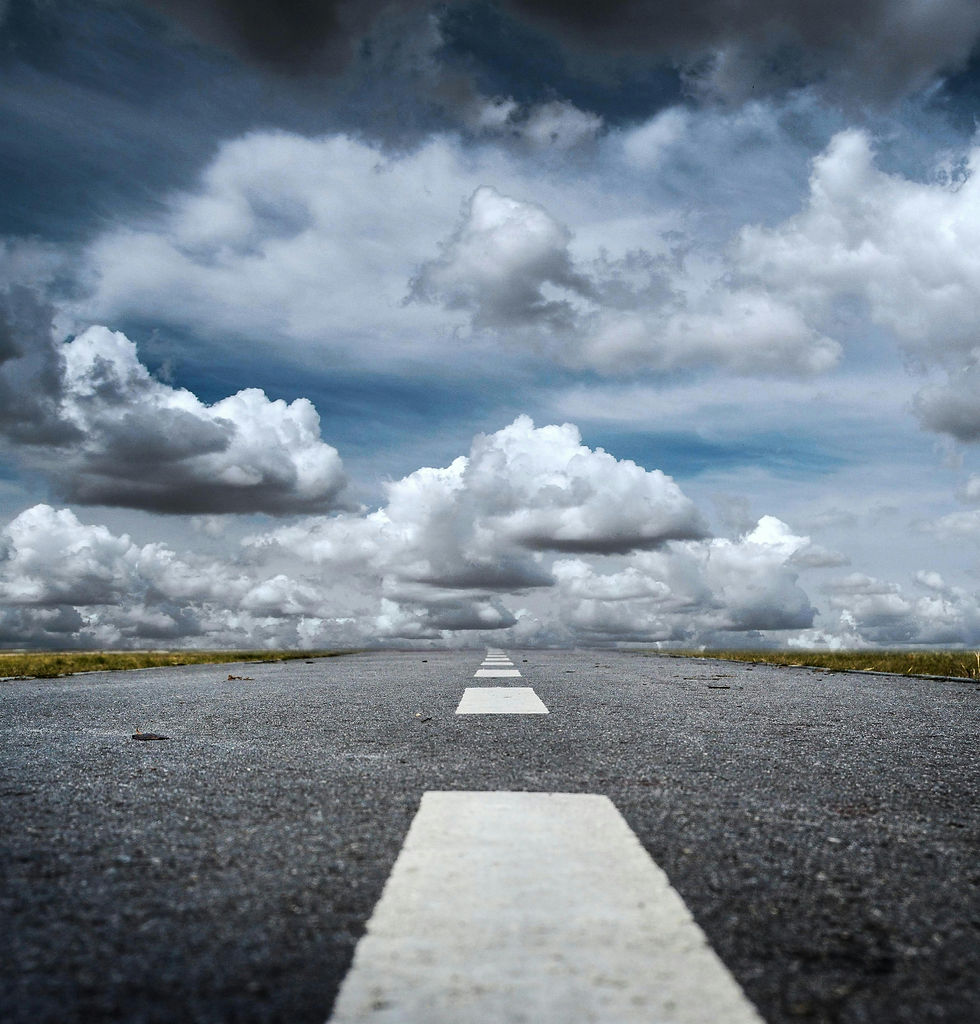Living Out Loud: Working With Children As A Recovered Addict
- Adam

- Apr 6, 2025
- 4 min read
"It is vital that we each cultivate the courage to live our healing out loud in our worlds. It’s the only decent way to live. When we are transparent and courageous we give others permission to be transparent and courageous."

About 10 years ago I took a position teaching 6th grade Social Studies at a top independent girls school in Chattanooga, TN. I'll never forget the first talk I had with the head of my school after my hire: "Please do not discuss your recovery," she says. And adds, "All your social media, especially your blog, need to be made private." At first, I was taken aback by the comment. I felt subtly insecure, a little insulted, but more disappointed at the idea. I have always been very open about my own recovery - blogging, reflecting, and at times sharing honestly on social media. My recovery from addiction is utterly compelling to me - spiritually, emotionally, intellectually. Because it’s not just “recovery from addiction,” it’s an entire spiritual path of transformation and empowerment. To share with others about my recovery has become part of my medicine, integral to my well-being, and sobriety. To share with others my story of healing is a defense against the cliche and superficial so often a part of today's world; I would say it is part of my ministry. Yet, as it turns out, speaking openly about the spiritual nature of my recovery wasn't professionally strategic when it comes to working with kids! Turns out?
It’s reasonable that discussions about trauma and addiction would be unsettling in a k-12 school context. We all do our best to shield our children from pain, to withhold the painful truths about life and our world. And, it's true that no school administrator, nor I for that matter, wanted to find ourselves defending an attack from a concerned parent about their daughter's teacher being a former addict. Who wants that inconvenience? Still, I was saddened to adopt what I felt was an inauthentic posture, saddened that an intimate part of myself and my gifts of personal transformation would never be a part of my classroom. (Here, please know...it's very hard for me not to launch into a searing critique about all that's wrong with our school system and how to fix it... material for another day.)
It’s reasonable that talking about recovery from addiction can become unsettling for many people, especially in bars which I love doing because it is hilarious (for me). Unfortunately though, we seem to be conveniently ignoring the conversation in our schools and places of worship, in the home and among friends, places where it's really important to have these conversations. In our culture of privilege, excess, consumerism, quick fix, pleasure, and accommodations some questions are dangerous to ask, frightening to entertain: "Am I an addict? Am I an alcoholic? Do I have a problem? Is my dad an addict? How do I be honest with my children?”
We've passed the point in American culture/history where it's a terrible taboo to identify as an alcoholic or addict. Healing really has become more and more celebrated in our cultural landscape. Nevertheless, we have our assumptions and prejudices about people in recovery. We judge them. We watch them on shows like 'Intervention' to remind ourselves that, "Thank, God. I’m not that bad." The satiating feelings of catharsis are always in direct proportion to the degree of our repression.
So, we naturally judge, and we unconsciously shy away from being completely honest about how much obsessiveness we truly face on a day to day basis - food, sex, caffeine, internet, tv, football, porn, alcohol, weed, speed, music, sugar, tech, exercise, movies, co-dependencies of all color - work, especially work. Who is really desperate to do the work of inner transformation and face their shadows? …besides the folks whose very lives depend on facing the truth?
For the entire 12 years of my teaching career I have remained suspicious of that first conversation I had with my administrator. I’m not sure that the fear of being inconvenienced by hard conversations about addiction and trauma is worth the price. Withholding the truth from our children does come at cost. To be clear, the price is authentic disclosure on topics central to transformative education - healing, courage, community, acceptance - topics that reveal depth of character, strengthen solidarity and legitimacy of practice. All the data that I’ve seen supports this conviction. Withholding the truth is not the path forward.
So I remain convicted and convinced that leading with my deepest authentic self in every area of my life, especially professionally, is the most important thing I can do for the world. I am an addict that has recovered from a seemingly hopeless state of mind and body. Everyday that I step into another workshop, into the classroom or community I carry with me the deep wisdom and healing that I have received over and over from years of practicing 12-step recovery in rooms around the globe. My family, my community, my worlds are benefited by my own healing path of transformation.
There are very few wounds worth suffering that cut as deep as withholding your own truth. It is vital that we each cultivate the courage to live our healing out loud in our worlds. It’s the only decent way to live. When we are transparent and courageous we give others permission to be transparent and courageous. It’s how we expel the dark and live in the light. Our communities deserve it, our families deserve it, and I know our children deserve it.




Comments